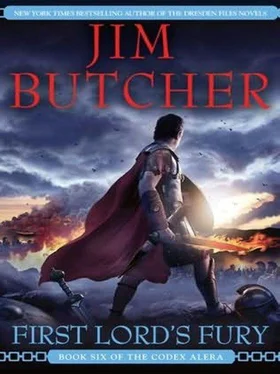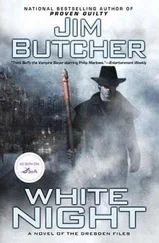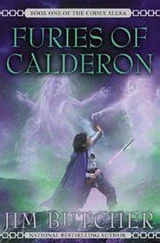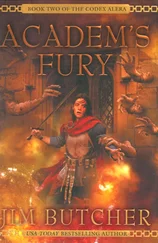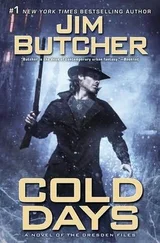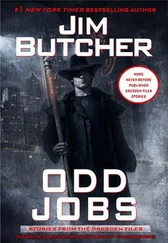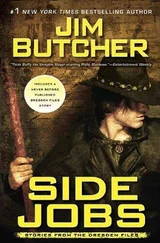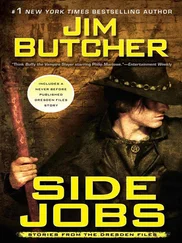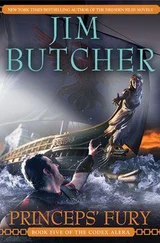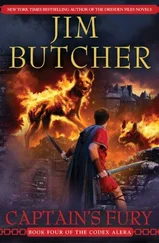The scout took a swig of water from a mostly empty skin. “Aye. Almost always a solid bet. I don’t think the vord have much of a bluff. The way they’re coming on, they think they’ve got themselves a good hole card.”
“Do you still play cards, Tribune?” Amara asked, idly amused.
“Oh, aye.” Rufus grinned. “Mostly why I stay in the Legions, Countess. When those townies and wagon guards lose, they figure they don’t want to scuffle with me and five thousand other fellas.”
Rufus finished the water in his skin, his eyes on the horizon from which he had recently appeared. A moment later, he grunted as if someone had punched him in the belly, and said, “Time to place our bets.”
Amara turned to see the vord pour over the horizon.
Again she was struck by how much it was like watching the shadow of a cloud wash over the land. There were so many of the mantis-form warriors, moving together, that they seemed like a single entity, a carpet of gleaming green-black armor, of slashing edges and piercing points. Amara almost felt that she would cut her finger if she pointed at them.
The leading vord poured down over the hilltop—and the horde began to spread. More forms came rolling over every hilltop Amara could see, from horizon to horizon, all moving together, dressing their line as they went until, in the last mile, they all came rushing forward together, in a vast and single wall of terrible purpose. More eerie still, it happened in complete silence. There was not a shriek or a cry, no rattle of drum, no blaring of horns. They simply came on like the shadow of a cloud, and every bit as unstoppable. The silence was horrible. It made them seem somehow unreal in the bright light of morning.
Bernard stared at them intently, then nodded. Beside him and slightly to one side, old Giraldi raised his voice in a parade-ground bellow. “Draw steel!”
His voice carried up and down the wall in booming clarity in that perfect silence—and then more than one hundred and fifty thousand swords whispered from their sheaths. The sound of it, far more deadly than any rustling of leaves in the wind, which it resembled, flowed up and down the wall. Amara realized, with faint surprise, that her own weapon was in her hand.
They were ready, she realized.
They were ready .
She never consciously decided to shout, but she suddenly felt her voice rising, trumpet-clear in the morning light, as she cried out her scorn and defiance toward the enemy, a simple howl of, “Alera!”
The echoes of her voice rolled over the silent land.
Sudden thunder shook the stones of the wall, shook the ground itself, as every soul on the wall, every single defender now standing against that dark tide, added their own terror and fury to the air. There was no one theme to the shout, no one word, no single motto or cry—but the Legions spoke in a single voice that sent a violent elation through Amara’s limbs and made the sword in her hand feel lighter than the air she mastered.
That shout of defiance crashed into the vord lines like a physical blow, and for an eyeblink the enemy advance slowed—but then it was answered with a mind-splitting storm of shrieking vord cries, painful to the body, the mind, and the soul. The enemy rushed forward at a full sprint over the last several hundred yards of ground before the wall, blackening the earth as far as the eye could see, their cries answering the defenders.
And born of that primal, furious thunder, the last battle of the war, perhaps the last of the Realm, began.
The Legions screamed their defiance of the vord, and Ehren couldn’t keep himself from joining them, out of nothing but raw reflex and naked terror. On some level, he was fairly sure that not many of the vord would be intimidated by the way his voice cracked, but it wasn’t as though he could control that. Fear might not have been strangling him, precisely, but it had apparently caused his throat to revert to puberty.
Somewhere nearby, a centurion bellowed something that went completely unheard in all the noise. Fortunately, the legionares knew their work well enough without any such command. As the enemy closed, an Aleran-borne shadow passed over the ground before the wall, and more spears than a body could count in a week flew out to come sailing down into the front ranks of the vord. The spears weren’t particularly deadly, in and of themselves. They might have scored one kill in fifty, by Ehren’s estimation, one kill in thirty, tops—but every vord struck by one of the heavy weapons staggered in pain. Even if the wound was not fatal, the vord’s pace faltered, and it was swiftly trampled by the warriors rushing along behind.
The volley was devastating to enemy cohesion, and an old standard Legion tactic.
But, this being a battle plan Tavi had a hand in, it didn’t stop there.
The artisans of the Calderon Valley hadn’t been able to provide every single legionare on the wall with one of the modified javelins—only the most skilled man of each spear of eight had been given the new designs. More often than not, the spears that had killed a vord outright had been thrown by those men—and every single one of the new spears contained a small sphere of glass, nestled into the cup of the javelin’s iron head, where the wooden shaft joined it. Whether the javelins missed and struck the earth or hit home, thousands of tiny glass spheres shattered, unleashing the furies that had been bound within.
Ehren himself had field-tested the firestones, furycrafted devices developed from the coldstones used to keep food chilled in restaurants and wealthy households around the Realm—another innovation sprung from the tricky, twisty labyrinth Octavian had for a brain. The glass spheres could contain even more heat for their size than the first generation of stones could, and they were far easier to make.
Destruction was almost always easier to manage than something useful, Ehren reflected.
The fire-javelins exploded together in a roar, each bursting into a sudden sphere of flame the size of a supply wagon. It wasn’t the white-hot fire of a Knight Ignus’s attack, but it didn’t have to be. The fire engulfed the front two ranks of the enemy and sucked so much air in to feed its short-lived flame that Ehren’s cloak was drawn up against his back and legs, snapping as if he stood with his back to a strong wind. Greasy black smoke billowed out, the smell indescribably foul, and for a few instants, the vord line was thrown into complete disarray.
Ehren cried out and slapped Lord Antillus on the shoulder. There was no need for the signal. The large, athletic man was already throwing himself forward along with the Placidas and Phrygius.
The most powerful and dangerous High Lords of Alera rose together in a sudden column of wind and plunged through the black cloud and out over the enemy force, moving almost too quickly to be seen, and vanished behind a windcrafted veil as they went. Ehren clenched his hands into fists and stared after them, trying to see through the mass of legionares in front of him. Their mission had been his idea. He bore a measure of responsibility for its outcome.
The vord recovered their momentum in seconds, those coming behind the first wave leaping over the slain and wounded. Their scythes gouged the stone of the wall, creating pitted spots that their insectlike legs could use to climb, and they swarmed fearlessly up the wall and into the swords of the Legions.
Men and vord shrieked and howled. Swords flashed in the sun. Vord scythes plunged. Blood, both red and dirty green, spattered the wall, which might have been a fallen log for all the attention the vord paid to it—but it did prevent them from employing their reach or their downward-stabbing scythes to the best effect. They came on in endless pressure, while the legionares fought on, with men forward on the wall fighting with shield and sword, their comrades behind them thrusting with longer spears. The vord would gain the wall, in places, only to be pushed back savagely by the Legions.
Читать дальше
